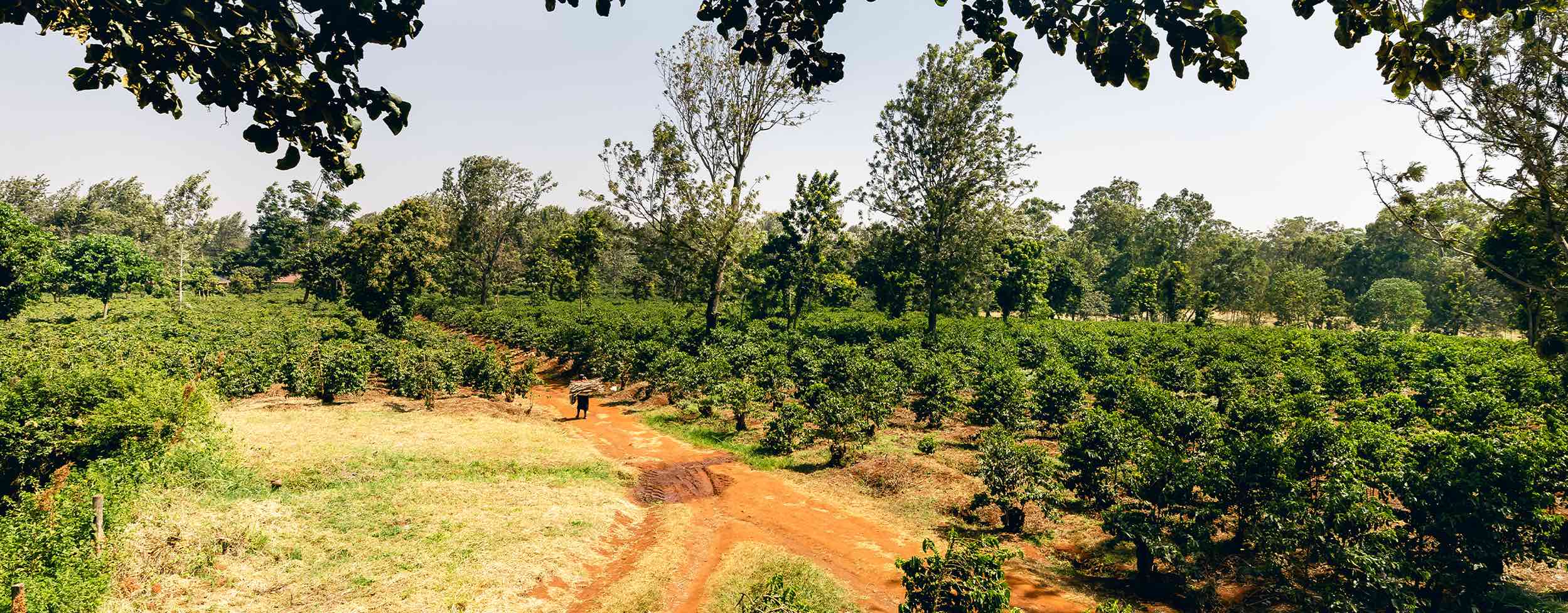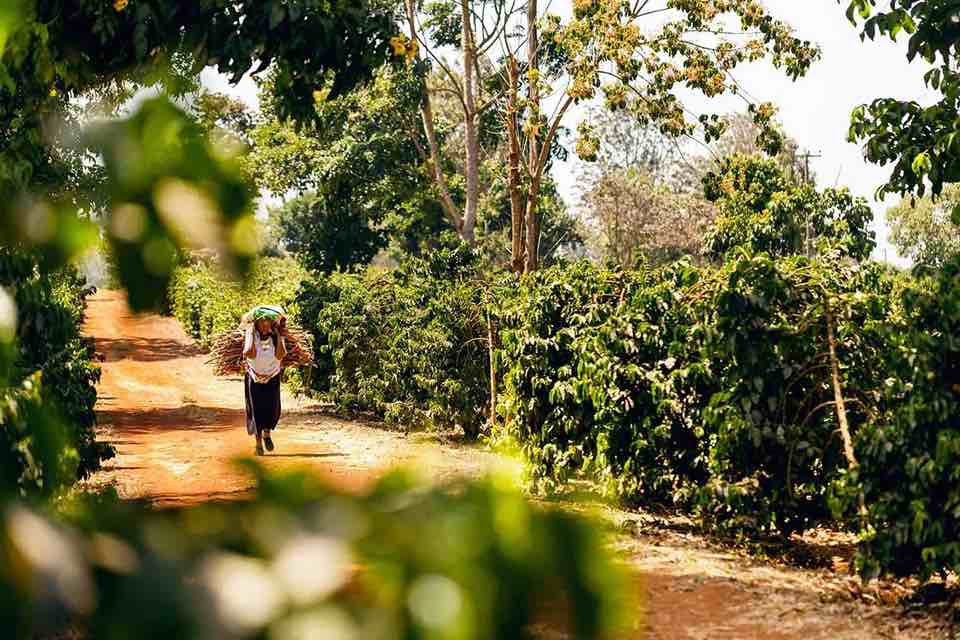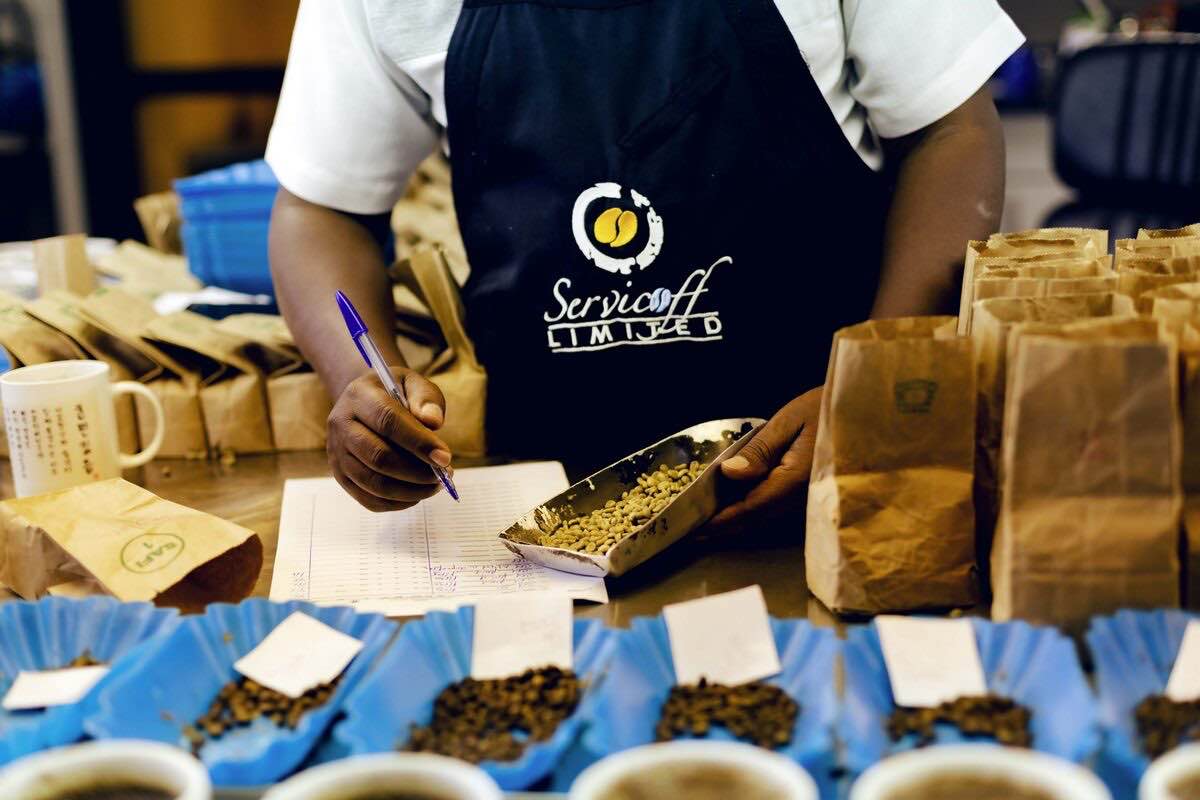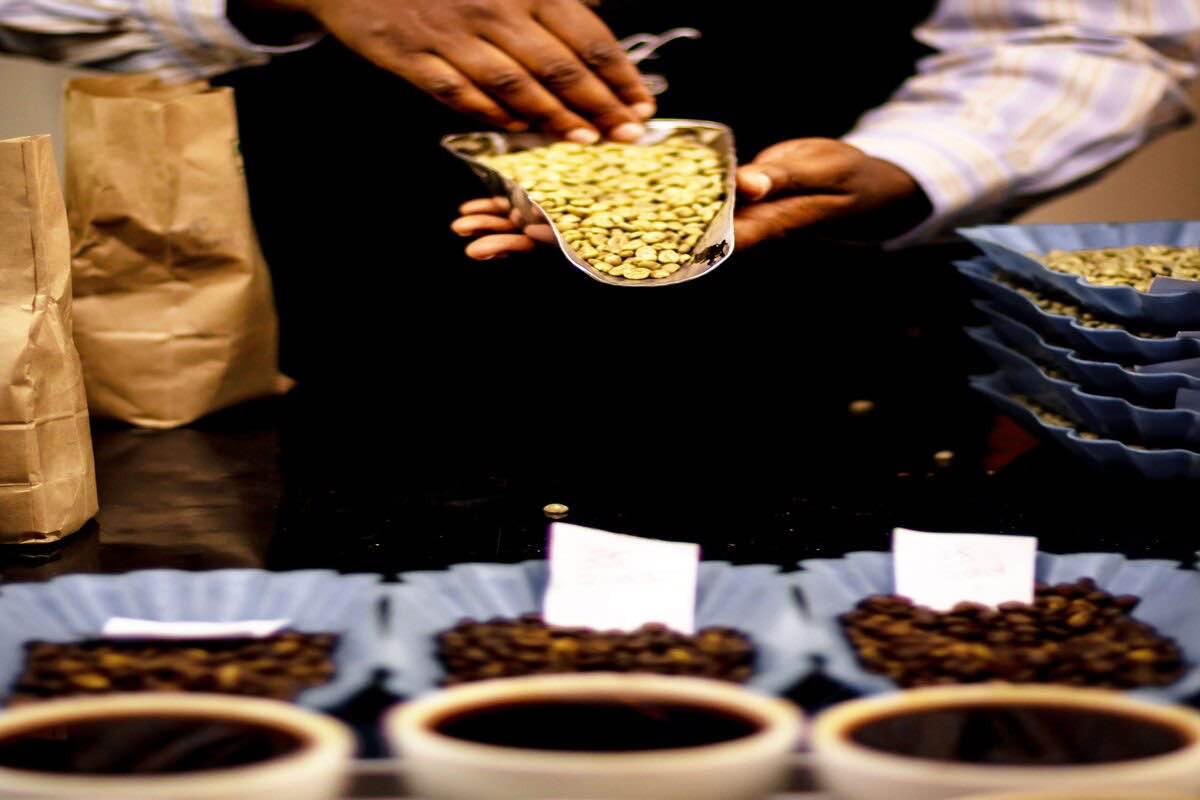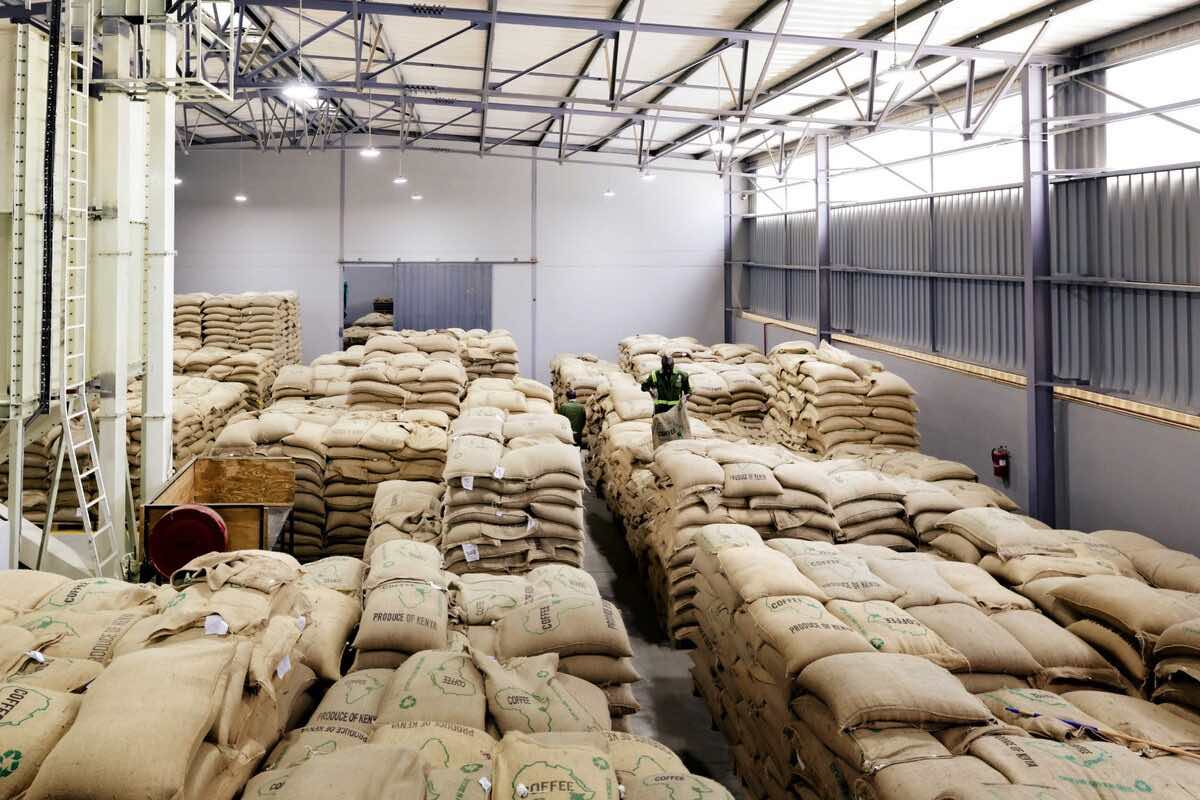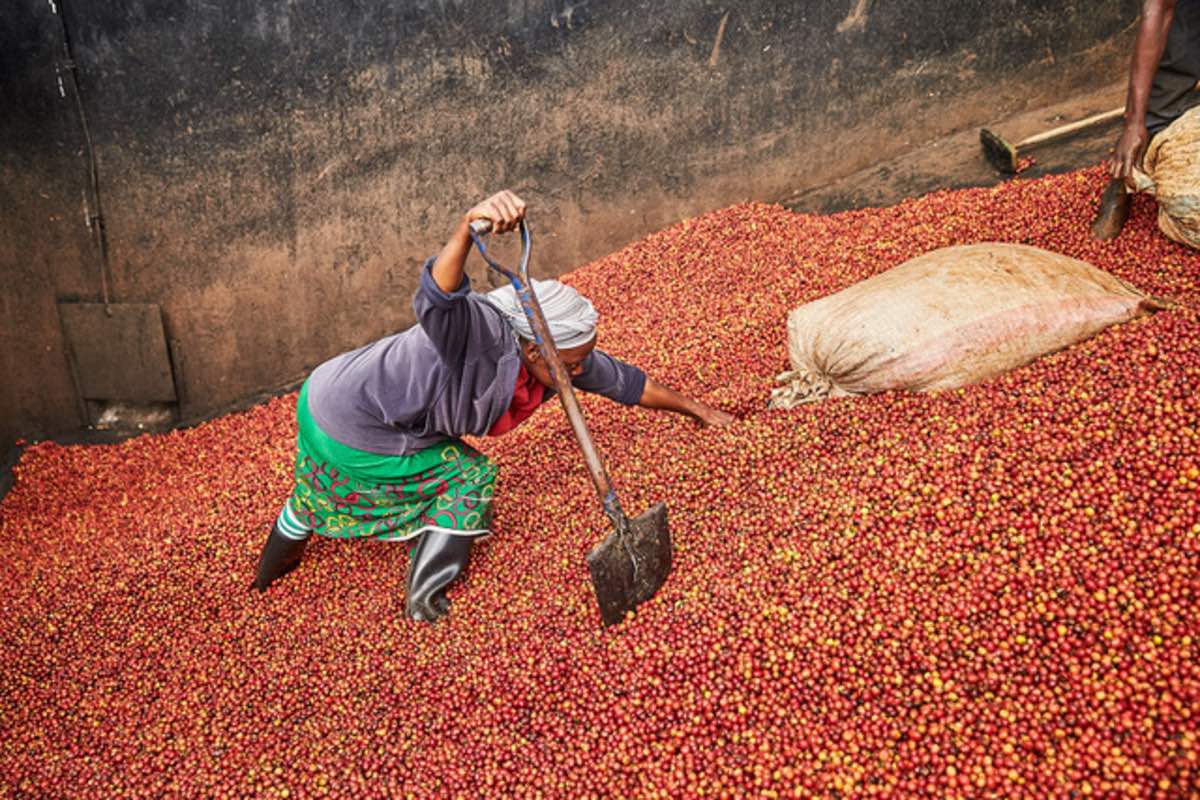Coffee Farming in Kenya: A Rich Brew of Tradition and Excellence
Introduction:
Coffee, known as the “black gold” of Kenya, holds a special place in the hearts and cups of coffee enthusiasts around the world. Renowned for its distinct flavor, full-bodied aroma, and exceptional quality, Kenyan coffee has gained international recognition and a loyal following. Behind every exquisite cup of Kenyan coffee lies the story of dedicated farmers who have mastered the art of cultivation through generations. In this blog post, we explore the fascinating world of coffee farming in Kenya, delving into its history, cultivation methods, and the country’s prominence in the global coffee industry.
Rich History and Ideal Growing Conditions:
Coffee farming in Kenya traces its roots back to the late 19th century when the British introduced coffee plants to the fertile highlands of the country. Nestled between the equator and the Great Rift Valley, Kenya boasts an optimal climate and geography for coffee cultivation. With altitudes ranging from 1,400 to 2,000 meters above sea level, volcanic soil, and a moderate temperature, these highlands provide the ideal conditions for coffee plants to thrive.
Distinct Varietals and Flavor Profiles:
One of the defining characteristics of Kenyan coffee is its unique flavor profile. Kenyan farmers predominantly grow two main coffee varieties: Arabica (Coffea arabica) and Robusta (Coffea canephora). Arabica beans, known for their superior quality and delicate flavor, make up the majority of coffee production in Kenya.
The distinct flavor of Kenyan coffee can be attributed to several factors, including the country’s microclimates, soil composition, and meticulous processing methods. The beans often exhibit a bright acidity, vibrant berry-like notes, a rich body, and a lingering sweetness. This exquisite flavor profile sets Kenyan coffee apart from its counterparts and has garnered a loyal following among coffee connoisseurs.
Smallholder Farms and Cooperative Systems:
The backbone of Kenya’s coffee industry lies in its network of smallholder farmers. These dedicated individuals, often working on family-owned plots of land, cultivate coffee with utmost care and precision. The average farm size ranges from half an acre to two acres, highlighting the importance of community and cooperative systems in the industry.
To ensure fair prices and support for farmers, the cooperative model plays a vital role in the Kenyan coffee sector. Farmers unite under cooperative societies, which provide them with resources, training, and access to processing facilities. By pooling their resources and expertise, farmers can collectively negotiate better prices and market their coffee to international buyers, empowering them to improve their livelihoods and invest in sustainable farming practices.
Processing Methods: Tradition Meets Innovation:
Kenyan coffee is famous for its meticulous processing methods, combining traditional techniques with modern innovation. At Servicoff Limited, after we harvest, coffee cherries are carefully hand-picked, selecting only the ripest ones. The cherries undergo a process known as wet processing, where the pulp is removed and the beans are fermented to enhance their flavors. They are then thoroughly washed and sun-dried on raised beds or patios. This intricate process contributes to the remarkable taste and quality of a bag of Servicoff Kenyan coffee.
Sustainable Farming Practices and Certification:
We as Kenyan coffee farmers understand the importance of sustainable agriculture and the preservation of their natural resources. Many have adopted environmentally friendly practices such as shade-grown farming, which promotes biodiversity and protects the ecosystem. Additionally, several coffee cooperatives in Kenya have obtained certifications like Fairtrade, Rainforest Alliance, and UTZ, ensuring ethical production and fair treatment of farmers.
Kenya’s Global Influence and Quality Standards:
Kenyan coffee is highly regarded in the global market for its exceptional quality and strict adherence to rigorous standards. The country has established institutions like the Coffee Research Institute (CRI) and the Kenya Coffee Producers Association.



